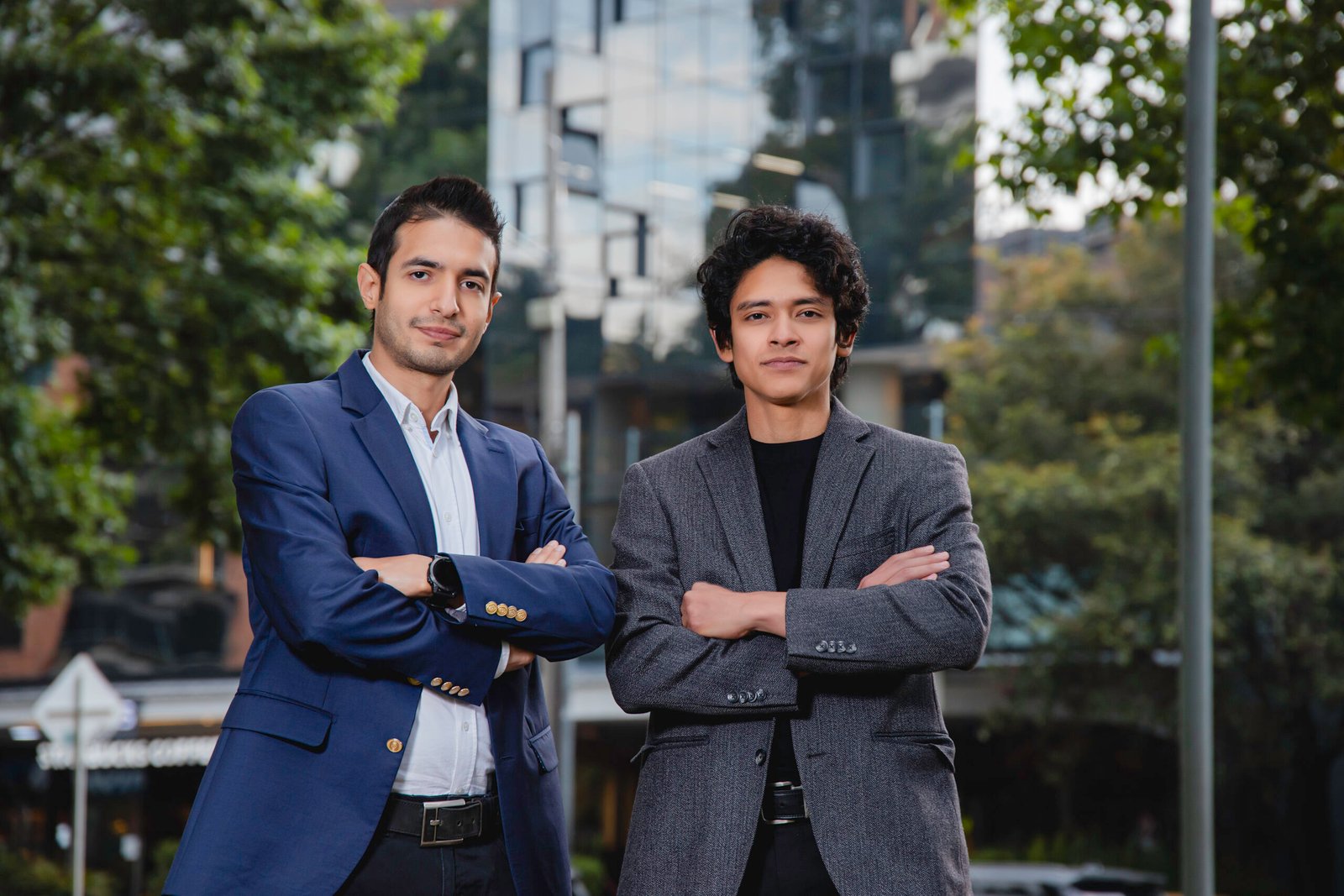
In recent years, artificial intelligence has ceased to be a futuristic promise and has become a real tool that is already transforming fields such as medicine, agriculture and biotechnology.
In the scientific landscape, where the race for technological innovation is fought mainly between global economic powers, a story emerges from Latin America that seeks to highlight the talent and capabilities available in the region. It is the startup Fastfold, which emerges as an exceptional case in the region: a platform that uses AI to accelerate scientific discovery and democratize research in molecular biology.
Founded by Julio Castellanos and Esteban Maya, this company is redefining how protein engineering is approached, a critical field for the development of drugs, resilient crops and innovative therapies. What is most remarkable is that they are doing it from a region that has historically faced economic and technological barriers to compete in global science.
In an interview with Contxto, Esteban Maya, CTO of the company, explains their development philosophy: “We have built from scratch, to a functional product and launched in the market with founders’ own money (Bootstrap), and some credits from cloud providers”. This bootstrap approach demonstrates that it is possible to create world-class technology even with limited resources.
In addition to starting with little capital, Fastfold has managed to overcome specific obstacles to developing cutting-edge technology in the region, as CEO Julio Castellanos explains: “One of the main challenges in Latin America is the limited access to accelerated computing, due to the high cost of GPUs such as Nvidia’s and the high prices of large-scale cloud”.
While startup loans are available, priority is usually given to U.S. companies, leaving those in the region with restricted access.
On the other hand, Castellanos comments that “the ecosystem is not yet well articulated to adopt AI solutions with a scientific approach. Most initiatives are focused on commercial applications, while scientific research and publication – which is our focus – receives little institutional support”.
However, this reality has not deterred the team, which has adopted an ingenious approach to circumvent these limitations.
Atomic precision and breakthrough speed
Fastfold’s platform is achieving what many considered impossible: matching the accuracy of traditional protein research methods. As Castellanos details, “Fastfold offers optimized computation and models such as AlphaFold that not only maintain accuracy comparable to experimental methods such as X-ray crystallography, but also dramatic improvements in speed and cost.”
AlphaFold, for example, demonstrated unprecedented performance in the international CASP14 (Critical Assessment of Protein Structure Prediction) competition, which evaluates accuracy in protein structure prediction.
“The main metric used by CASP is the Global Distance Test (GDT), which ranges from 0 to 100. Simply put, it can be understood as the percentage of amino acid residues whose predicted position falls within a distance threshold with respect to the actual position,” explains Julio Castellanos. “In CASP14, AlphaFold achieved an average score of 92.4 GDT across all targets, with an average error (RMSD) of approximately 1.6 Ångstroms, i.e., comparable to the width of an atom. Even in the most challenging cases of free modeling, it obtained an average score of 87.0 GDT, far outperforming other methods,” explains Julio Castellanos.
A project of technological sovereignty
For Fastfold’s founders, their initiative transcends the commercial sphere. Esteban Maya says that “artificial intelligence represents a unique opportunity for Latin America to move towards true technological sovereignty, allowing the region not only to consume technology, but also to develop and export it”.
This philosophy is materialized in concrete applications that could transform key sectors of the regional economy. In the field of health, the platform could accelerate the development of vaccines and drugs. In agriculture, it offers tools to optimize crops that are resistant to climate change. And in education, it democratizes access to advanced research tools.
On future plans, Maya shares a measured strategy: “We want to make some key partnerships, publish some papers and have some revenue, thus demonstrating that with a small team and without requiring large sums of capital, we can achieve a lot”.
This approach reflects a deep understanding of the regional investment ecosystem, which, as Maya points out, needs to evolve: “Venture capital should focus on deeptech, climatech, biotech and HealthTech products, which are the sectors that need large amounts of capital to start their projects and validate themselves”.
A new paradigm for regional science
Fastfold represents more than a business success; it is a model of how Latin America can overcome structural limitations to compete in global science. As Castellanos summarizes: “Our focus is on doing science with global impact, but accessible, adapted to a market that is still in the process of consolidation to support deep innovation”.
In a world where biotechnology will be key to solving the great challenges of humanity, initiatives such as Fastfold position Latin America as a relevant player in this scientific revolution. Its history shows that with talent, vision and perseverance, the region can not only participate, but lead in the frontier of knowledge.




